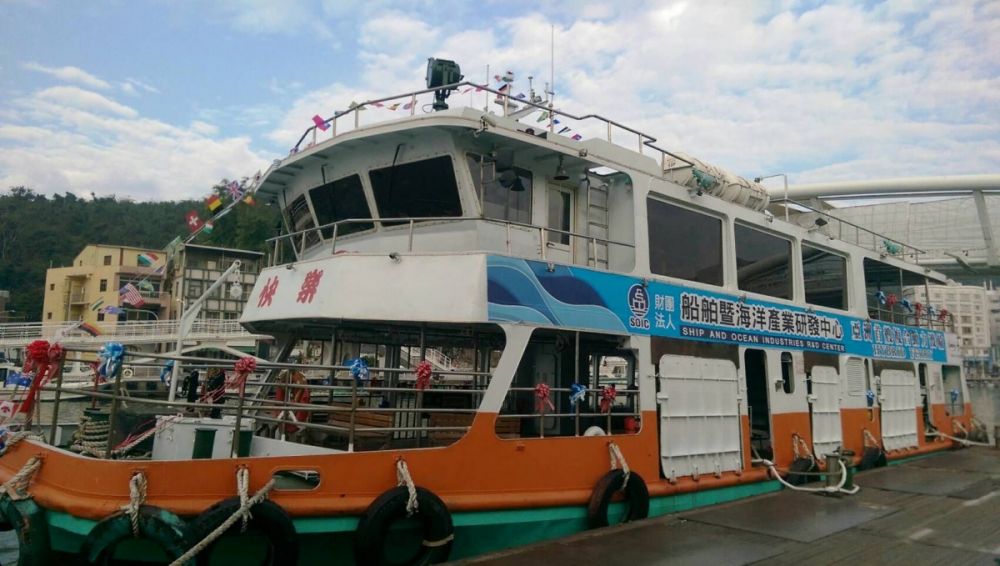Launch of Asia’s first hybrid electric ferry
The first hybrid electric ferry in Asia has set sail in the Taiwanese port of Kaohsiung, to help reduce the emissions associated with the city’s marine transport sector

The first hybrid electric ferry in Asia has set sail in the Taiwanese port of Kaohsiung, to help reduce the emissions associated with the city’s marine transport sector.
The ferry’s original 300HP diesel engine was replaced by Finnish cleantech company Visedo’s electric propulsion system, in a bid to address the high pollution levels in the city and surrounding region.
Visedo worked alongside Taiwan’s Ship and Ocean Industries R&D Center, also known as SOIC, to develop the hybrid electric ferry.
If successful, the Kaohsiung City Government plans to develop the rest of its diesel fleet to ease pollution around Taiwan’s largest harbour.
ChihHung Lin, Head of SOIC’s System Development, said: “the Kaoshiung City Government is committed to cleaning up its fleet and is currently considering the possibility of replacing all 11 of its vessels with this new type of e-ferry. This also includes embarking on a hybrid tug-boat project.”
The passenger ferry – named ‘Ferry Happiness’ – crosses 650 metres of water between Taiwan’s largest port Kaohsiung and the popular Cijin Island every 15 minutes.
Kimmo Rauma, Chief Executive of Visedo, said: “Given the geography, ferries are a vital mode of public transport across east and South East Asia but they are also the most energy intensive per kilometre travelled. Until now, diesel ferries have been a dirty but necessary part of life around harbours like Kaohsiung.”
He went on to say: “Visedo has developed a cost-effective and efficient alternative, so rather than waiting until a vessel’s service life ends, harbour cities can swap noisy, dirty and expensive diesel for silent electric powertrains that are more efficient, can halve fuel costs and emit no fumes or oil pollution.”
The e-ferry will reduce daily fuel consumption by 50 per cent while transporting its 15,000 passengers each day, saving over 25,000 litres of fuel every year – according to Visedo.
The sales of electric and hybrid vessels are expected to increase significantly over the next decade, climbing to over $20 billion worldwide by 2027 - according to an IDTechEx report.
Never miss an update by signing up to our free newsletter here.
Image source: Visedo



